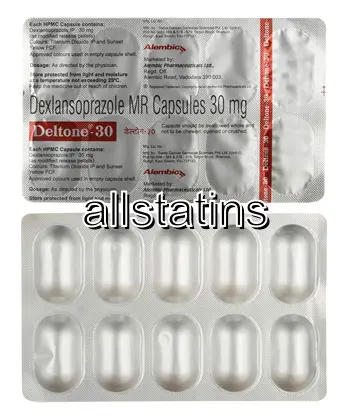| Package | Dosage | Price | Price per Dose | |
|---|---|---|---|---|
| Dosage: 30mg | ||||
| 180 pill | 30mg | AUD503.40 | AUD2.80 | |
| 120 pill | 30mg | AUD411.86 | AUD3.43 | |
| 90 pill | 30mg | AUD366.10 | AUD4.07 | |
| 60 pill | 30mg | AUD274.57 | AUD4.58 | |
| 30 pill | 30mg | AUD152.53 | AUD5.09 | |
| Dosage: 60mg | ||||
| 180 pill | 60mg | AUD755.11 | AUD4.20 | |
| 120 pill | 60mg | AUD549.16 | AUD4.58 | |
| 90 pill | 60mg | AUD457.63 | AUD5.09 | |
| 60 pill | 60mg | AUD343.22 | AUD5.72 | |
| 30 pill | 60mg | AUD205.92 | AUD6.86 | |

Dexlansoprazole Description
What is Dexlansoprazole?
Dexlansoprazole is a prescription proton pump inhibitor (PPI) designed to reduce stomach acid. It is the R-enantiomer of lansoprazole and is released in a dual delayed-release capsule. This design aims to provide two waves of medication through the day, helping maintain a steadier level of acid suppression. The goal is to relieve heartburn and support healing in conditions linked to excessive acid.
How it works and what it treats
Dexlansoprazole blocks the proton pumps in the stomach lining, lowering acid production. By reducing acidity, it helps heal erosive esophagitis and relieves chronic heartburn from GERD. Many patients notice symptom relief within days, though healing can take longer for some people. The dual-release feature supports acid control across different times of day, which can help with nighttime symptoms as well.
Who can use it
Dexlansoprazole is prescribed for adults and sometimes children as directed by a clinician. It is used to treat symptoms of GERD and to promote healing of erosive esophagitis. People with liver conditions or kidney disease should discuss dose and safety with their doctor. Women who are pregnant or breastfeeding should consult their healthcare provider about risks and alternatives.
Administration and dosing
Dexlansoprazole is taken by mouth, usually once daily. The capsule should be swallowed whole with water, and it can be taken with or without food. Common strengths include 30 mg and 60 mg, but the exact dose depends on the condition and patient response. Healing of esophagitis can take weeks, and improvements in heartburn may be gradual. If a dose is missed, take it as soon as remembered unless it is almost time for the next dose. Do not double up doses to make up for a missed one.
Safety, side effects, and interactions
Common side effects include stomach pain, diarrhea, nausea, and headaches. Some people may experience dizziness or constipation. If serious reactions occur, such as a severe allergic response or persistent vomiting, seek medical help promptly. Long-term use of PPIs has been linked to rare infections and nutrient absorption issues, including low magnesium, which doctors may monitor during extended therapy. Dexlansoprazole can interact with other medicines, so it is important to tell your clinician about all prescription and over‑the‑counter drugs you take. If you are planning surgery or undergoing tests, inform the medical team that you use a PPI.
Shopping considerations for online pharmacies
When ordering online, ensure the product is licensed and the seller requires a valid prescription. Check the dosage you need and confirm expiry dates. Keep a record of your medical history and current meds to review potential interactions with a clinician. Store capsules in a cool, dry place away from light. Reputable sellers provide lot numbers and manufacturing dates for product traceability and safety.
What to discuss with your doctor
Before starting therapy, discuss kidney or liver disease, osteoporosis risk, and any history of fractures. Mention pregnancy or breastfeeding plans, as safety during pregnancy is a consideration. If you take other acid reducers or certain antifungal or HIV medicines, your doctor may adjust dose or timing. Regular follow-up helps ensure the best outcome with Dexlansoprazole and allows monitoring for any potential side effects or drug interactions.
